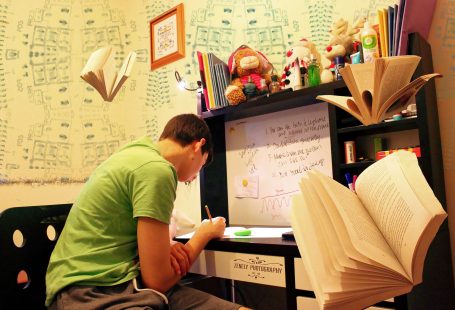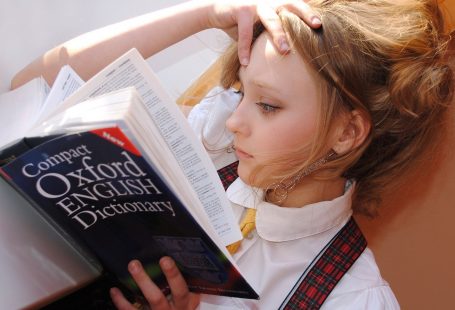The primary education system in the United Kingdom is based on the British National Curriculum, which was formulated by the government as a set of national standards for different grades, ranging from primary school right through to college level. According to the National Curriculum, there are certain stages in the education system where students are provided with the basic knowledge and skill set needed for daily living. These stages include sitting tests, mathematics and English literature exams, examinations in sciences, some social studies subjects, phonics and reading tests, and examinations in business and English. Students with disabilities are required to have an Individual Educational Plan (IEP) that explains what is expected of them and how they will achieve specific goals as well as strategies for their progress in life.
There are also a number of courses offered at school that can be considered compulsory. Some of these include English Literature, Geography, Maths, Music, Science, History, Social Studies, Biology, Nutrition, Business, Foreign Language, Arts and Art History, French, Spanish, and A-Level Mathematics. There are also other subjects which may require study but are not deemed compulsory. One example of these subjects is music and drama. There are also a number of courses that are considered non-strictly mandatory. These include art, humanities, reading, geography, general studies, history, political science, business, health and social care, and sport and physical education.
While many schools offer a variety of education courses, there are some subjects which can only be provided by the state. These include the Arts and Crafts, Business Studies, English Literature, General Studies, Maths, Philosophy, Science, History, Sports and Physical Education, and Sports Studies. Schools in the United Kingdom have made it compulsory for all pupils to take part in state and independent school subjects. The aim of this is to prepare the pupils for further education and career opportunities. For example, arts subjects will help children adapt better to life’s different situations and environments, while general studies will help children learn the skills they need for everyday living. All of these courses will help the pupils to prepare for the post-school life, with employers choosing those who have taken a good course and achieved a good grade in it.
Image by Luisella Planeta Leoni from Pixabay










